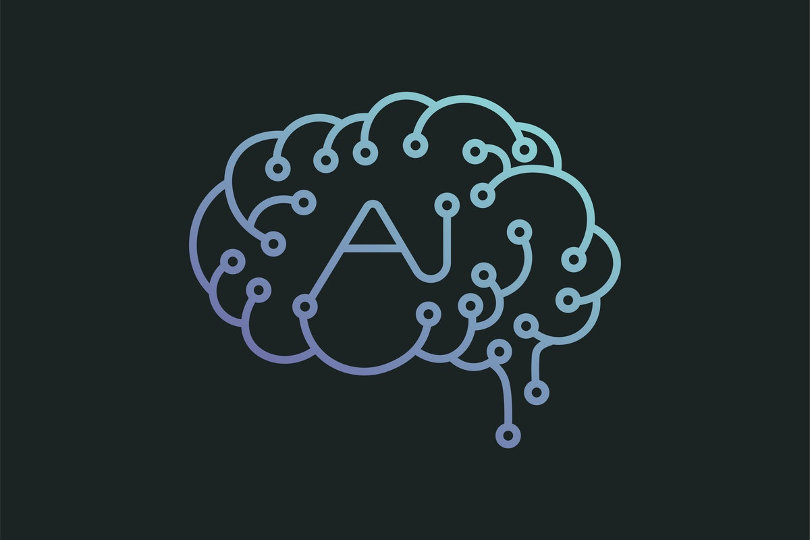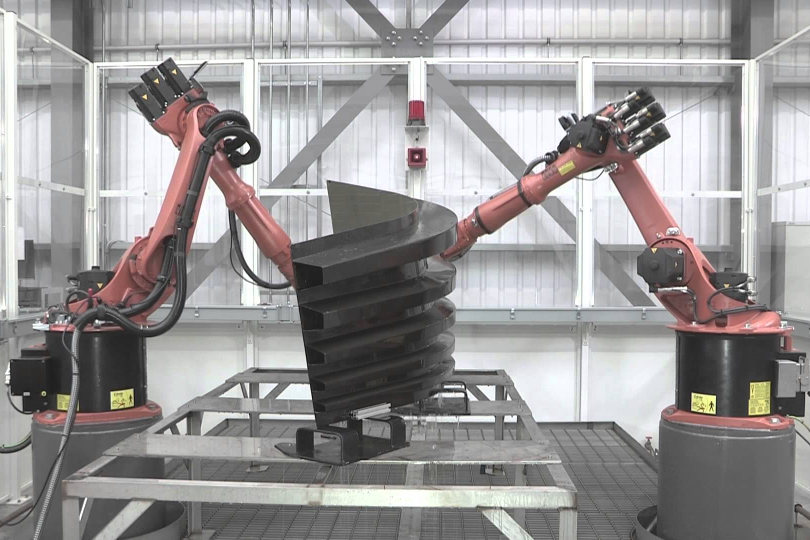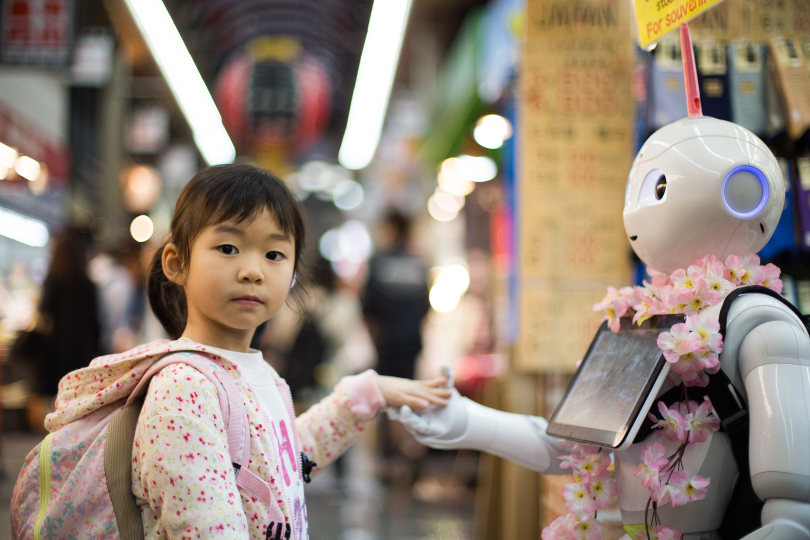Artificial Intelligence is entering every single aspect of our lives at lightning speed. This technology knows what products to offer you on Amazon, shows the most useful and relevant results in Google, powers your smart house, and is the mastermind behind your self-driving car.
In fact, the Global AI Market has been growing so fast that its revenues will grow up to $327,5 billion in 2021. It is used not only by highly profitable and technological companies but reaches medium and small businesses at this point.

However, some people are afraid of the full shift towards AI and robot revolution. Can it happen? Is AI more damaging than beneficial?
What Is Artificial Intelligence?
AI stands for Artificial Intelligence and its main aim is to function as human intelligence, react and behave as alive, independent human beings. They copy the way we perceive and react to current events, learn, or come up with new ideas and solutions.
Before AI, computers and other machines could only perform a very restricted number of tasks on their own. Mostly, it was an assistant for people and still needed a “supervisor”. The new technology has changed the game and now can do some tasks even better than humans.
Like any technology, AI brings us a variety of benefits and a string of risks at the same time.

Benefits of Artificial Intelligence
1. Increased Work Efficiency
Every job is exciting until routine repetitive tasks come around. The amount of time and effort spent on repetition hinders concentration on creative and strategic tasks that contribute to the growth actually.
AI can take care of the repetitive, yet time-consuming tasks allowing you to focus more attention on your core business functions. Image annotation allows researchers to train AI systems to replicate the human thought process to automate such repetitive tasks. This is what also enables the machines to go beyond human calculation and identify patterns and information that would otherwise go unnoticed.
2. Higher Accuracy
The human brain has limits. We cannot consume big amounts of data at once, hence analyze it. AI is “taught” big scopes of information (training data) so that it can see a bigger picture, with all the historical and current data. Consequently, its decisions are more informed and more accurate.
This benefit is actively used in the medical field. AI is able to analyze thousands of cases and define early signs of some illnesses. The technology can better diagnose different types of cancer, for example, which will lead to better treatment and lower death rates.
3. Improved Processes
While AI processes tasks, it continues to learn and gather data. These huge scopes of data about your business specifically can help you analyze all the processes, identify problems, make more informed decisions, and find better solutions. Moreover, AI evolves so rapidly that it can analyze the data now. Soon enough, we will be able to get a full analysis of our companies, with notifications about problems and a list of solutions that will help.
4. New Jobs
Even though some jobs are likely to be replaced by AI, there will be the ones created by the technology. For example:
- data detective (teaching algorithms how to detect suspects and solve crimes)
- AI business development manager (encouraging companies to implement AI in their work)
- data annotation specialist (providing annotation services like labeling images, texts, speech, videos, etc.)
- Data scientist & machine learning engineer
AI will create 58 million new jobs by 2022 so no need to worry about empty job boards.

Risks Of Artificial Intelligence
1. Threats Prompted By The Misuse Of AI
There is a possibility that we give too much power to AI. For instance, if we give it control over the weapon, it may cause mass destruction. Humans do exploit resources a lot and initiate conflicts so AI may label us as inefficient and dangerous and remove us as a threat.
2. Lazy Humans
It is not only that half of the work will be done by robots. Humans trust the machines too much thinking that they are less prone to make mistakes than we are. Consequently, we do not doubt decisions made by machines. Even today, we rely so much on GPS and it sometimes takes the wrong routes or brings us to entirely different places since we fail to double-check.
3. Lack Of Out-Of-The-Box Thinking
AI rarely comes up with something new since it just analyzes past practices and is following strict routes while processing data. It can not leave a straight path built by humans. Consequently, there will be no unique inventions without humans taking part in the process.

Conclusion
AI has the good and the bad. The bad can be avoided though and it all depends on humans. We are the ones who decide how autonomous we want AI to be, what responsibilities we can give it, and how critical we are about its deeds and decisions.
If we develop the right attitude towards the technology, we will have no AI takeover but rather a very helpful assistant.







